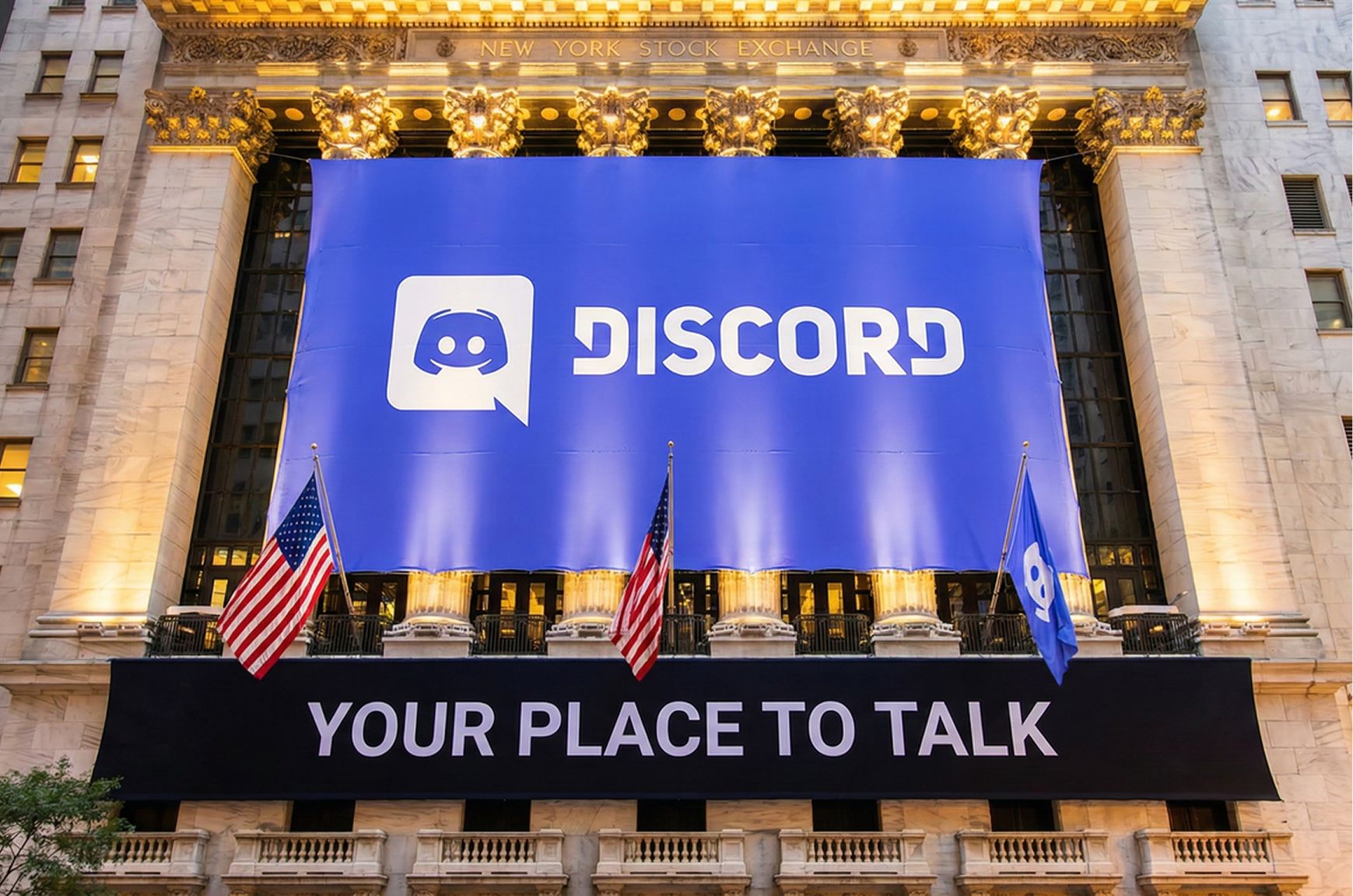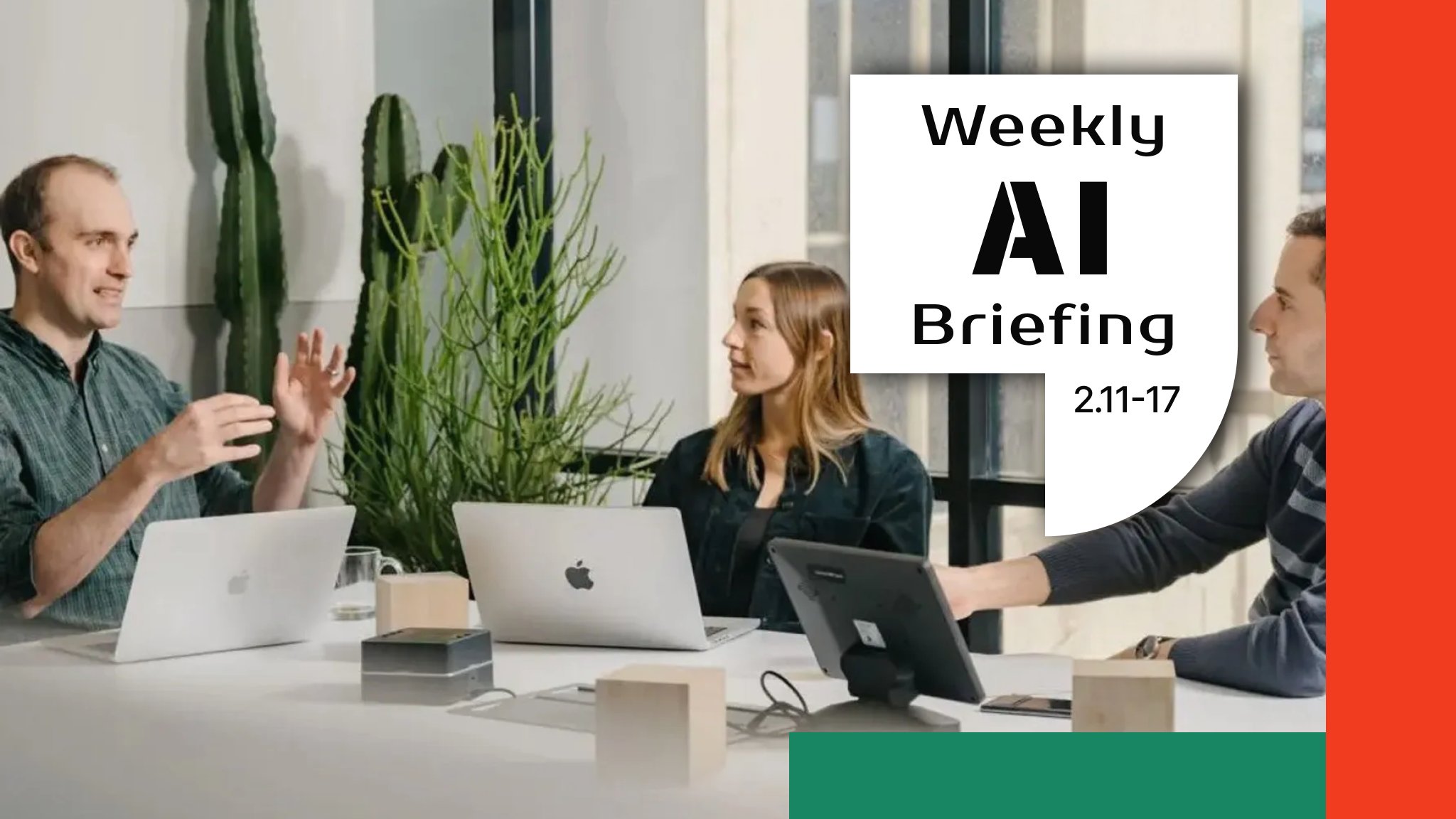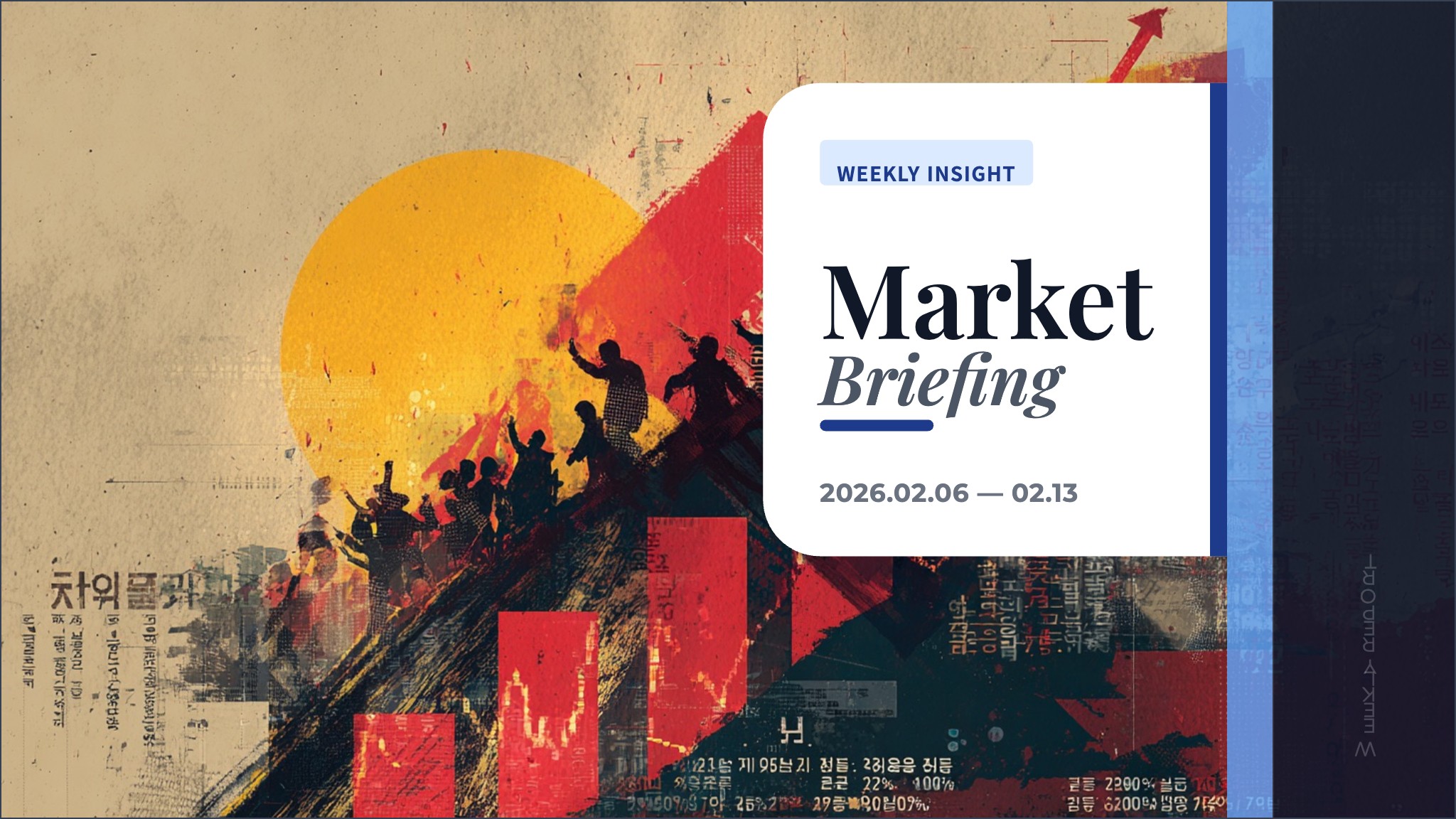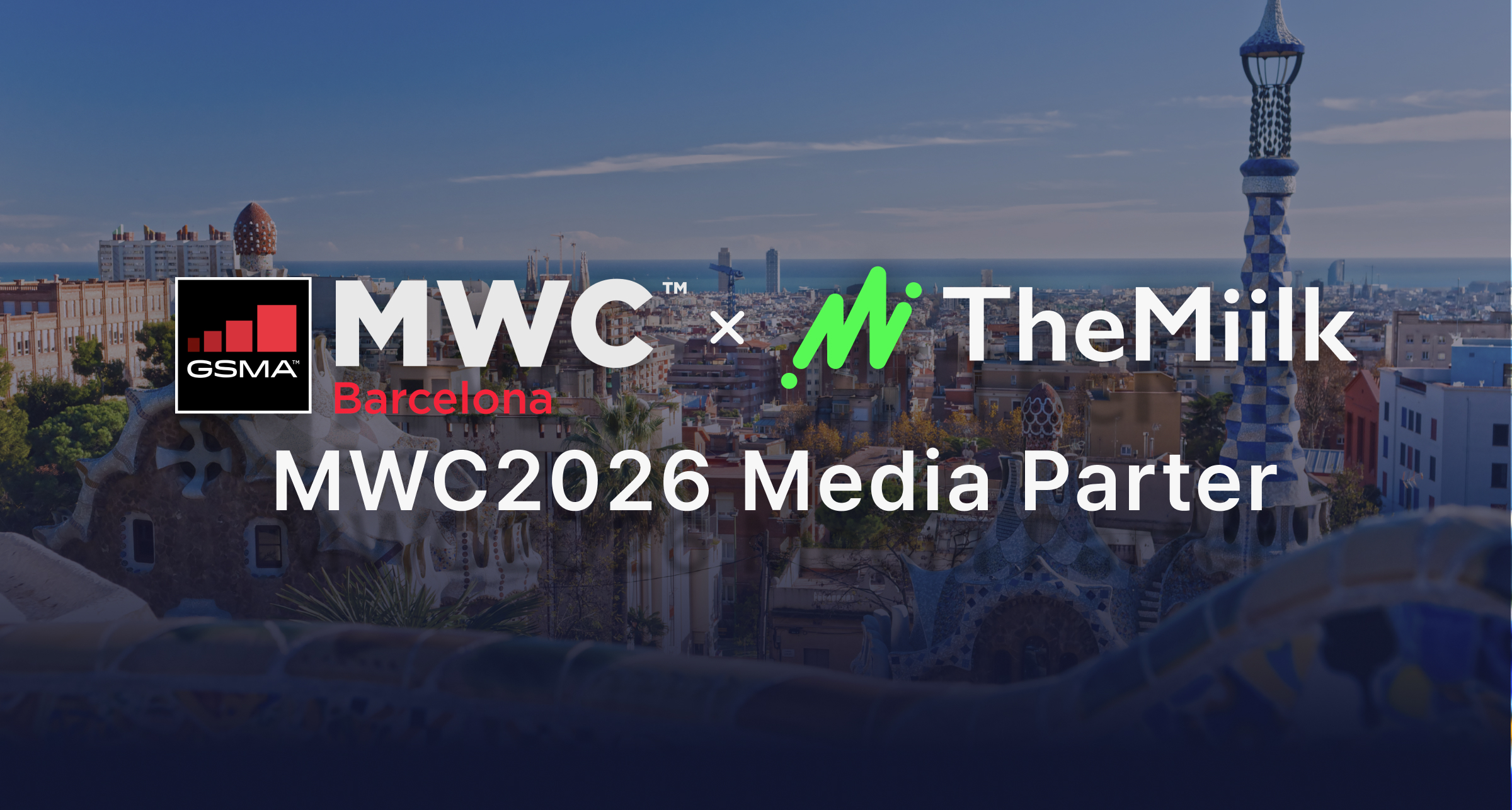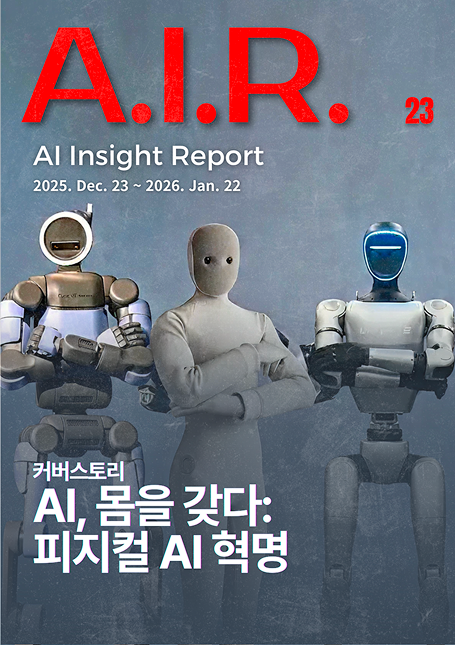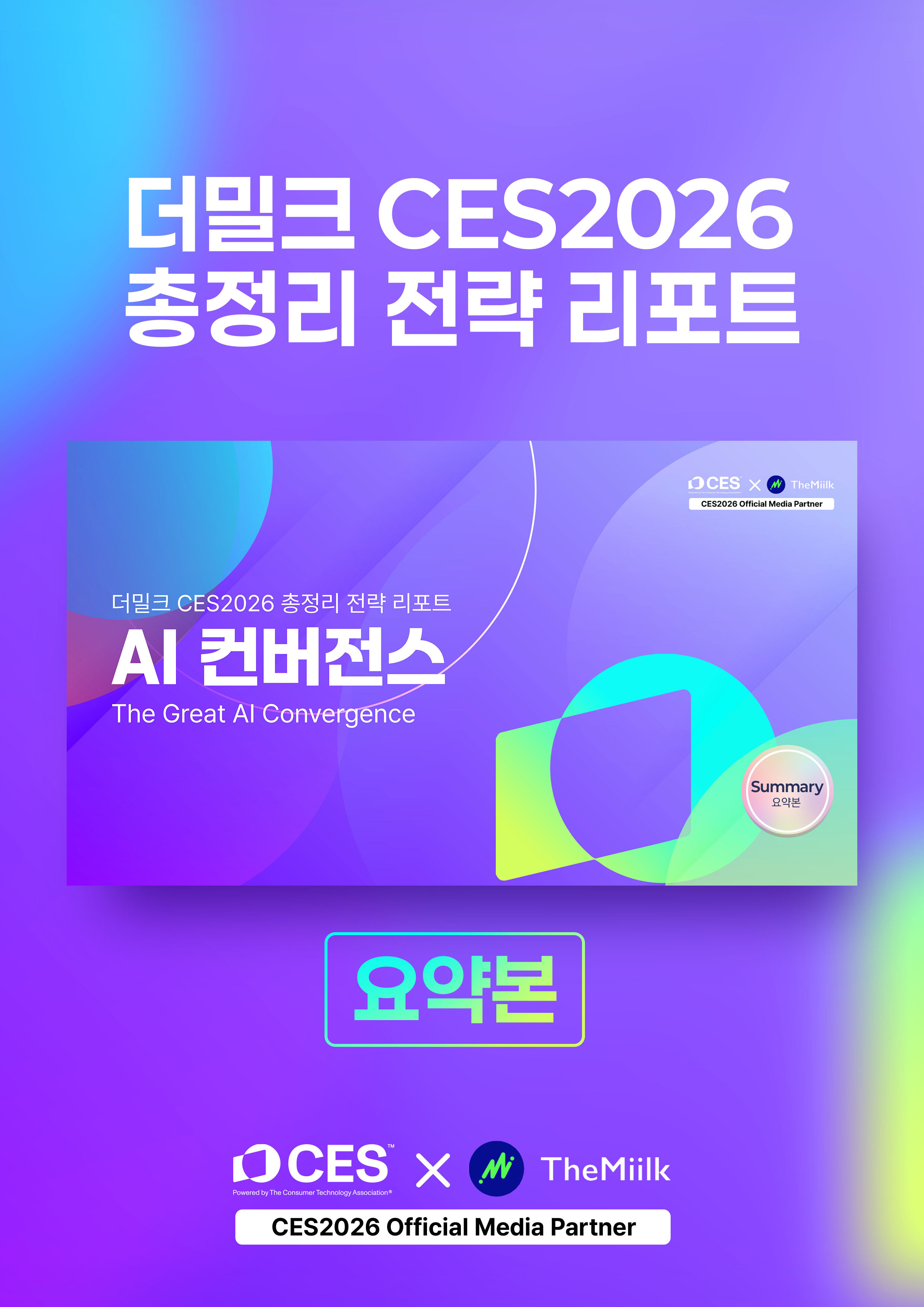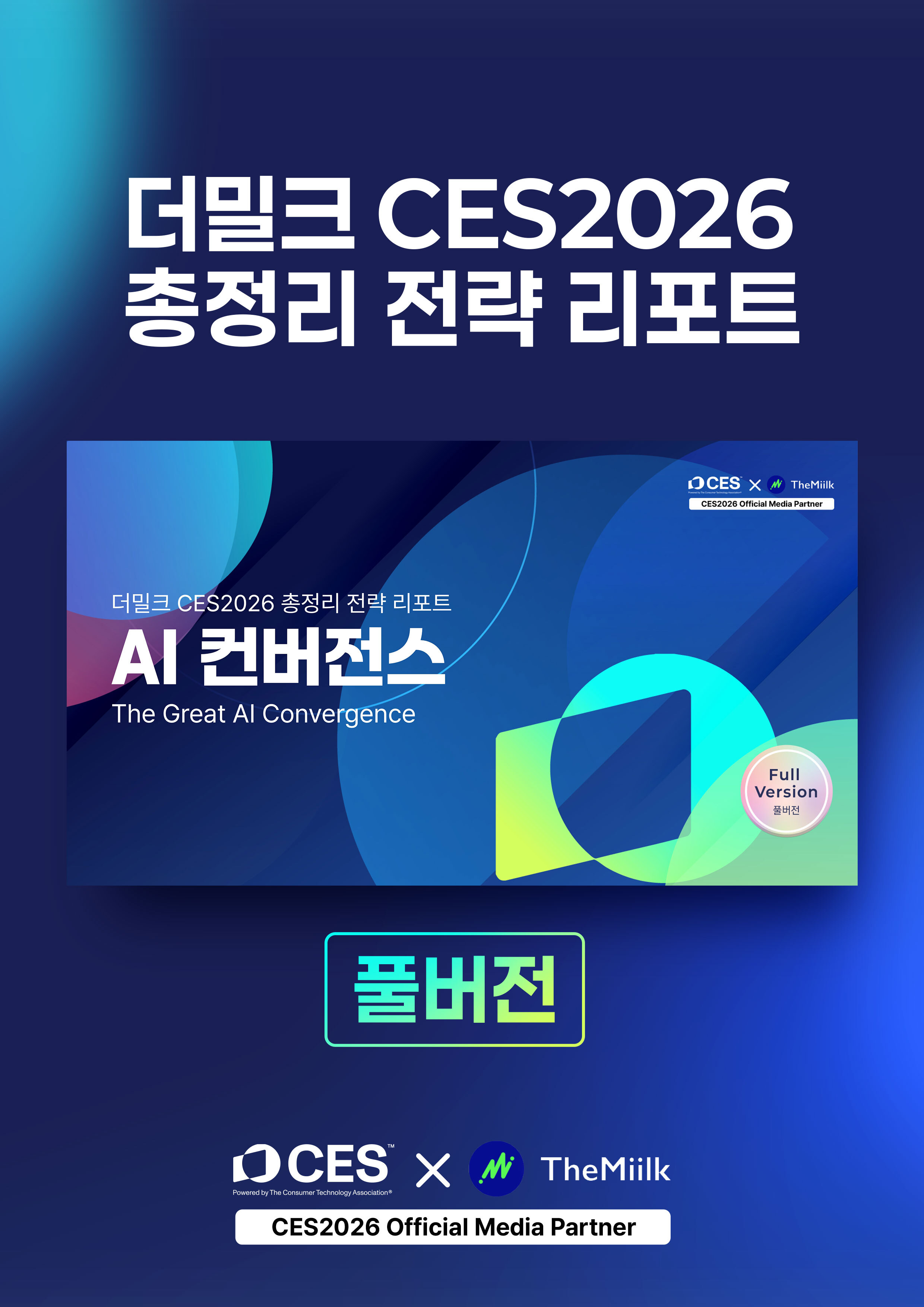‘Opportunity lies in difficult problems to solve.’
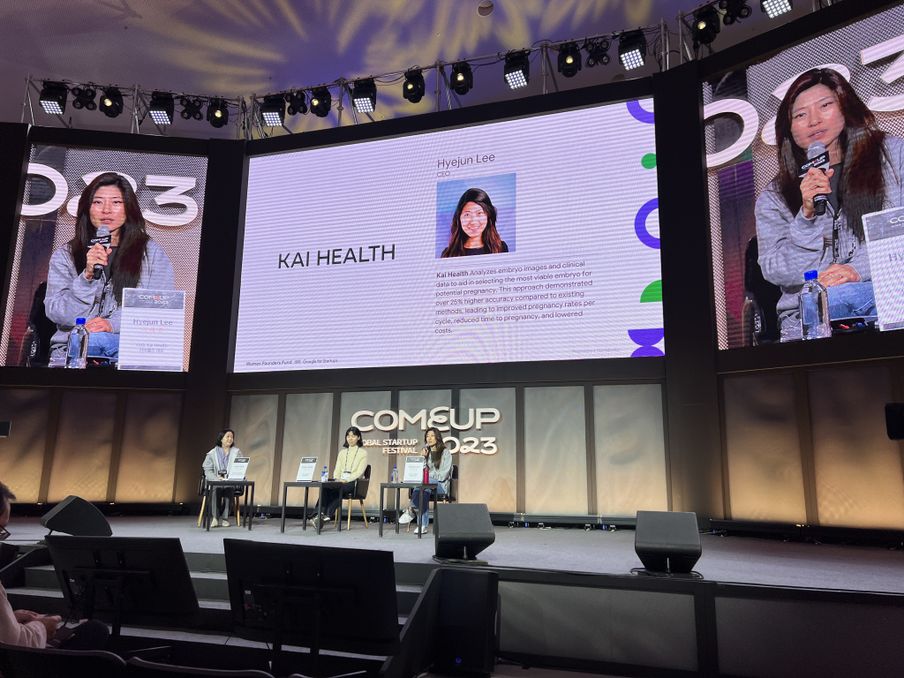
Female entrepreneurs offer tips for running AI-based startups at COMEUP2023, a global startup festival taking place in Seoul until Nov. 10.
The idea of women lacking interest in technology is not only outdated but also implies derogatory and controversial assumptions. Today, people of all genders actively engage with cutting-edge devices and solutions, challenging such stereotypes.
Reflecting this idea, the annual COMEUP2023 conference held a talk session with two female entrepreneurs leading AI-focused startups under the theme of ‘Discover South Korea’s Future in AI with Women Entrepreneurs,’ on the second day of the event on Nov. 9 in Seoul.
The discussion session was joined by Jamie(Gahye) Jeong, co-founder and CTO of construction solutions developer Zenerate, and June(Hyejun) Lee, founder and CEO of embryo AI software firm Kai Health.
Both companies are two of the latest winners of a competition, named Women Founders Fund, a funding and mentoring program run by the tech giant Google. The program aims to nurture startups run by female entrepreneurs in Asian countries, including India, Japan, and South Korea, offering winners monetary and accelerating support.
Kai Health develops solutions that analyze and pick healthy embryos for couples suffering the inability to conceive. Zenerate offers solutions that help real estate developers and constructors plan construction projects efficiently based on AI technology.
Below are the excerpts of the session moderated by Jenny(Jihye) Park, a manager from Google for Startups APAC.
Q.Introduce your business to the audience.
June Lee: I used to work as a fertility specialist and founded Kai Health two years ago. Infertility is a problem that affects one in six couples worldwide. Based on my background as an infertility doctor and my experience in healthcare technology, I wanted to create a solution that helps women get pregnant with healthy babies.
During the vitro fertilization (IVF) process, multiple embryos are obtained. Kai Health is working on developing a solution that determines which embryo will result in the healthiest pregnancy. The crucial aspect is data collection; we has been accumulating tens of thousands of data points from the US. Data sets are often unorganized, and images need to be labeled manually. We have been dealing the issues over the past years, and now holds high-quality data. The embryo selection solution has also obtained CE, an European certification. The company is currently planning to collaborate with Seoul National University Bundang Hospital to launch the service in Korea.
Jamie Jeong: Zenerate provides AI solutions for the early-stage feasibility review of real estate development through a web-based application. Founded in 2020, the firm currently employs 20 individuals. It has secured 6 billion in funding so far.
The company leverages AI solutions in the initial phases of real estate development—a lengthy process in the real estate business. This helps project operators in making informed decisions about how to develop and deliver housing in an efficient manner. Our focus is on accelerating the supply of affordable housing for all.
We consider what types of housing to build on the land, or whether it's more beneficial to include commercial facilities. While housing has a public aspect, private businesses do not participate in construction projects without any financial return. Therefore, we take both the public and private aspects into account in developing the solutions.
Q.Tell us about your recent projects.
Jeong: In early 2019, we applied our solution to the construction of a dormitory at University of Southern California. We were able to accommodate more than 8% additional students compared to the initial architect's plan, resulting in a 10% increase in profitability. This success inspired me to launch my own business.
After completing 30-40 projects for HDC Hyundai Development Company and Hyundai Engineering, I returned to the U.S. and expanded operations. The firm is headquartered in LA. The high rent and homelessness issues led us to work with a well-known affordable housing company, completing the supply successfully.
Currently, we are in discussions regarding a contract with LX, a state-run organization that oversees the nation’s land development. This contract involves providing a solution for administrative agencies to assist in the reconstruction and redevelopment of complexes.
Lee: We utilize vision AI to take microscope photos and analyze and label embryos. We’re also trying to provide pilot chatbot services by analyzing social media data in a bid to offer patients comforting messages based on data derived from peer patients.
Q.What is the most challenging part?
Lee: The biggest challenge is collecting quality data. The more we look at the data, the more aspects that we didn't know continue to emerge. Issues like labeling, problems with the quantity and quality of data, all arise. Data is not always well-organized and sorted out for use. We have also had to explain the need for quality data to medical service providers.
Proving how clinically helpful the solution is crucial as well. Internally, we have confirmed that using artificial intelligence helps in discerning images of embryos in pregnancy. However, proving it in practice is essential. So far, we’ve gained confidence that we can provide optimistic, consistent, and objective data.
Jeong: There are two aspects to consider. The first involves the technical challenges arising in the construction field. Errors are somewhat inevitable in AI, but they are deemed unacceptable in the construction industry, posing a challenge in meeting the needs in that aspect.
The second aspect revolves around the conservative nature of the industry. There is a dilemma of whether AI or human developers with years of expertise are the better choice. However, as we have progressed, we have gradually gained trust.

Q.Share with us about your next plans.
Jeong: Over the past three years, we focused on customer discovery and opened services in limited regions, specifically in Southern California. We prepared and gained experience in both Korea and the US. We plan to release a modular construction product this month and a universal service in March next year. Upon the launch of the service, we anticipate a significant increase in sales and customer base.
Lee: Obtaining medical certification is crucial, so completing it is one of our goals. As we have already gained one in Europe, our solution is now commercially ready in the region. While aiming to launch the solution in Korea, we will explore business-to-customer services after wrapping up the ongoing funding round.
Q.Any advice for would-be entrepreneurs?
Jeong: I think it’s important for entrepreneurs to be driven by problem-solving. In my case, it was the infertility issue.
Lee: AI has made great advancements in recent years. It seems like there’s no room for improvement. However, there are some crucial problems few try to address because it’s difficult. There may be some chance.

